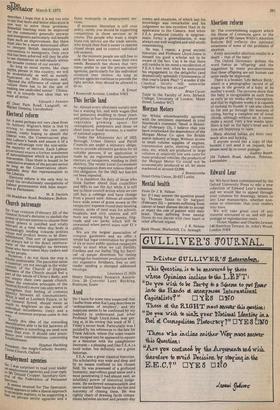Axed
Sin I have for some time suspected that ! suffer from what Kai Lung describes as 'ordinariness of intellect'; and my suspicion seems to be confirmed by my inability to understand just what Professor Hugh Lloyd-Jones was getting at, in his review this week of M. I. Finley's recent book. Particularly was I puzzled by his references to the late Sir Frank Adcock, whom (for some reason that escaped me) he appeared to equate as a historian with the pamphleteer Isocrates a pleasing and (like F.E.A.) a lucid writer, but definitely not a great historian.
F.E.A. was a great classical historian. His scholarship was wide and deep and by no means confined to his chosen field. He was possessed of a profound humanity, marvellous good sense and a most penetrating (I had almost said, an infallible) power of historical judgement. He eschewed sensationalism and never started false hares for the fun and notoriety of chasing them. He was rightly chary of drawing facile comparisons between ancient and present-day events and situations, of which last his knowledge was remarkable and his judgement no less excellent than in its application to the Classics. And when F.E.A. produced (usually in epigrammatic form) a generalisation, it was always one well weighed and well worth remembering.
He was, I repeat, a great ancient historian, and Professor Lloyd-Jones is himself too good a scholar not to be aware of the fact. Can it be that there still rankles in his mind a recollection of F.E.A.'s bon mot, when he announced his engagement to the delightful (and dramatically splendid) Clytemnestra of that year's Greek Play? "I wonder if the Classical faculty will subscwibe together to buy her an axe?"
Brian Coven Tutor to the Faculty of Arts, Birbeck College, University of London, Malet Street, London WC1










































 Previous page
Previous page